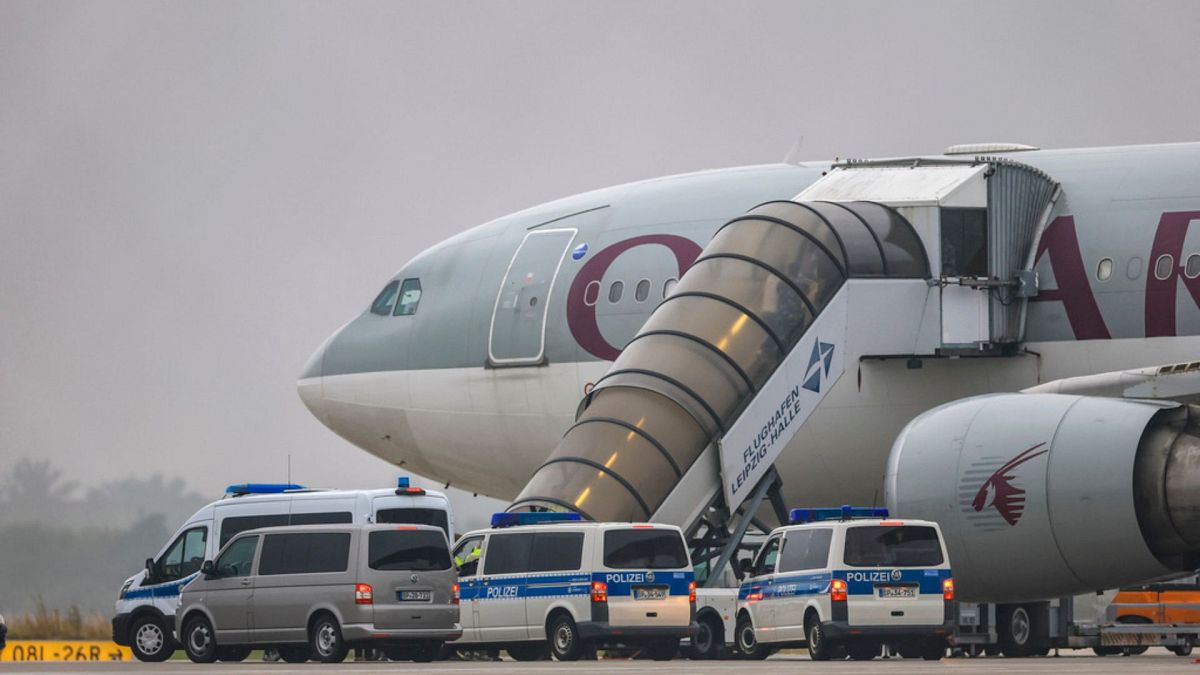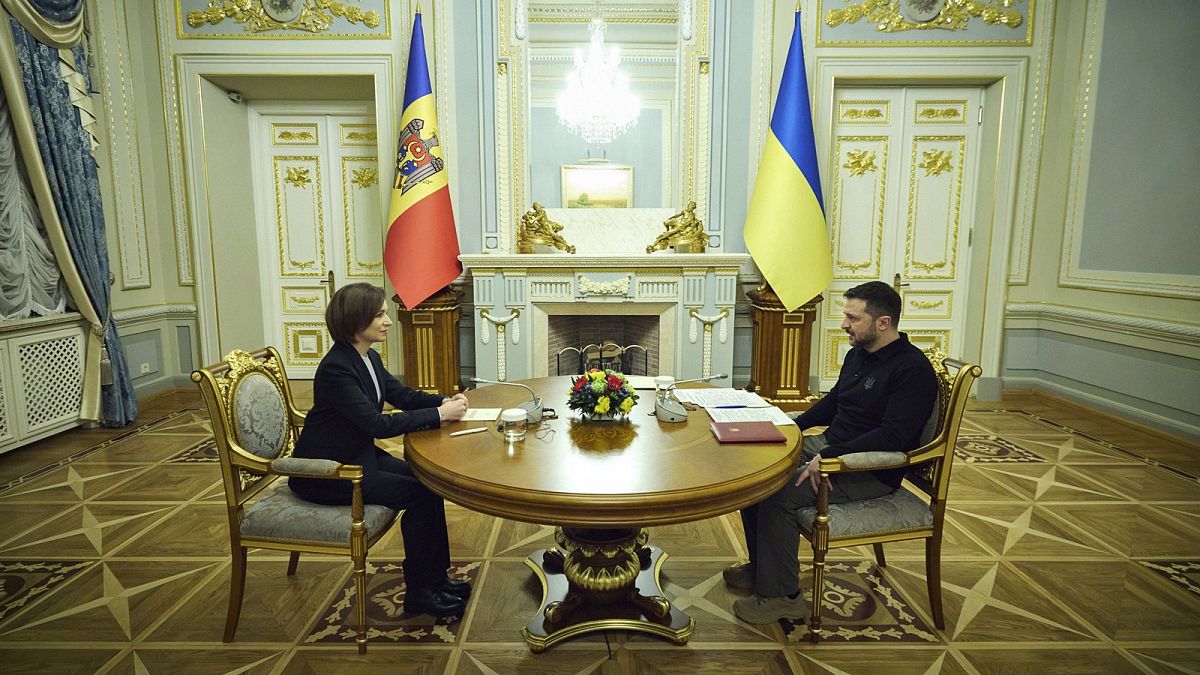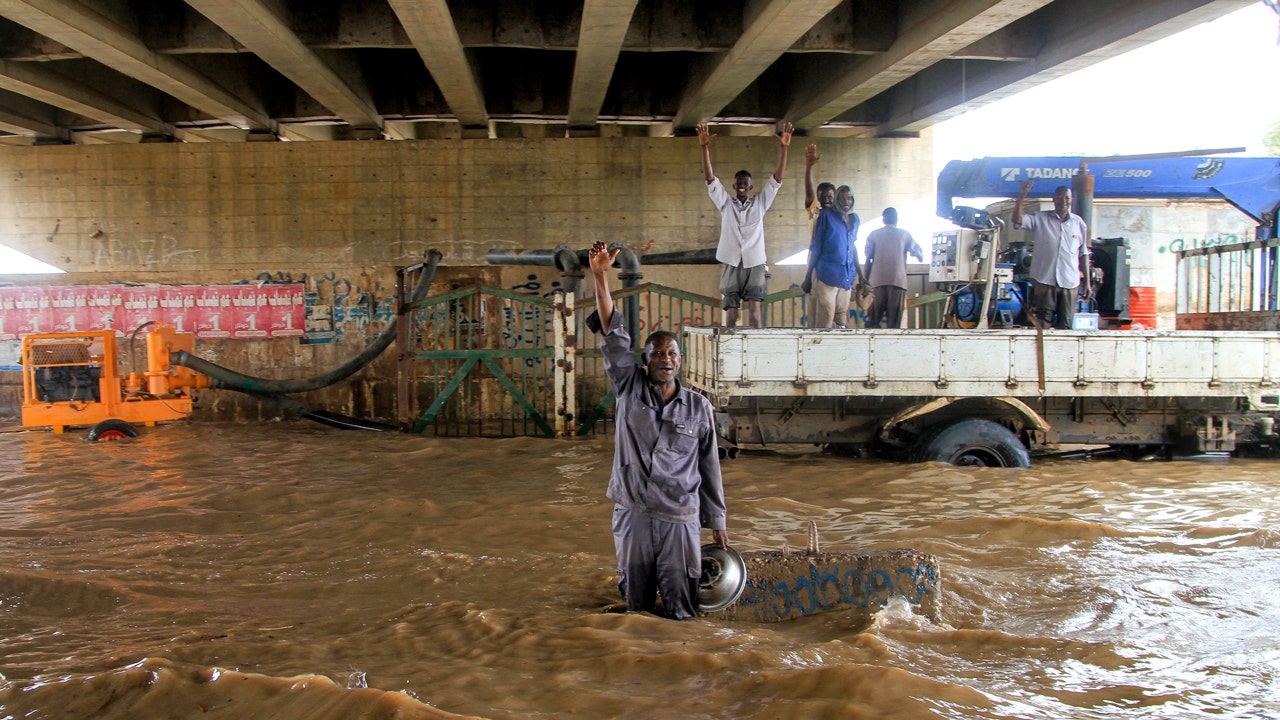ADVERTISEMENT
Germany deported 81 Afghanistan nationals to their country of origin on Friday, marking the second such operation since the Taliban seized power in 2021 and the first under Chancellor Friedrich Merz’s new government, which has promised a firmer stance on immigration.
In a statement, the Interior Ministry confirmed that the men, all of whom had previously come to the attention of judicial authorities, were returned on a flight organised in cooperation with Qatar.
“These are Afghan men who are legally required to leave the country and who have a criminal record,” the ministry said, according to local media.
Each deportee was issued up to €1,000 in financial support, as German courts can block removals if returnees face destitution.
Critics are sceptical about deportations to Afghanistan due to the threat of human rights violations in the country. “Afghanistan is not safe,” says the Pro Asyl website.
The Federal Foreign Office also warns of systematic human rights violations in Afghanistan, for example through “torture, extrajudicial killings, corporal punishment and public executions”.
Over 10 months ago, Germany resumed deportations to Taliban-ruled Afghanistan after a pause, with then-Chancellor Olaf Scholz pledging a more assertive approach to removals.
His successor, Merz, placed stricter migration controls at the centre of his February election campaign and moved quickly to implement them after taking office in May.
These included enhanced border checks and the suspension of family reunification for many migrants.
Asylum applications in the country decreased from 329,120 in 2023 to 229,751 in 2024, with the numbers continuing to decline this year.
“These figures clearly show we’re on the right track, but we’re not there yet,” Merz said.
Although Merz said Germany doesn’t recognise the Taliban, ties have not been formally severed.
“The decisive question is how one deals with this regime, and it will remain in technical coordination until further notice,” he added.
Friday’s flight comes just hours before German Interior Minister Alexander Dobrindt is set to host a high-level meeting with counterparts from France, Poland, Austria, Denmark and the Czech Republic, and the EU’s migration commissioner, Magnus Brunner.
The summit, taking place atop Germany’s highest mountain, the Zugspitze, aims to coordinate responses to migration challenges across Europe.
Read the full article here















